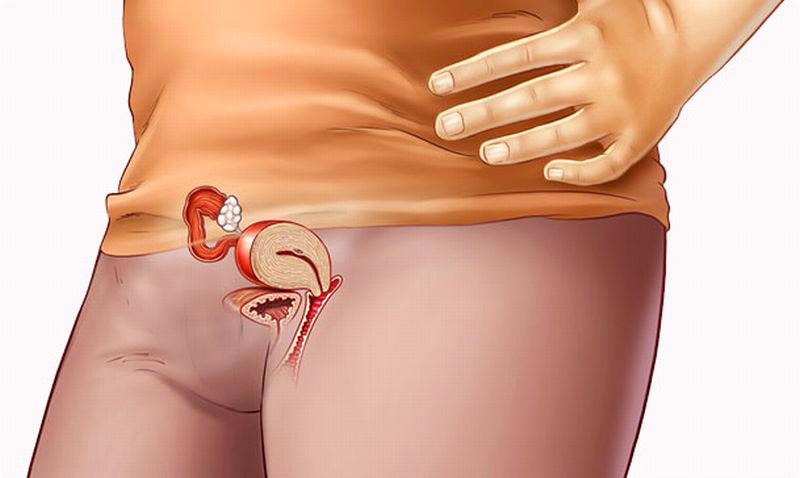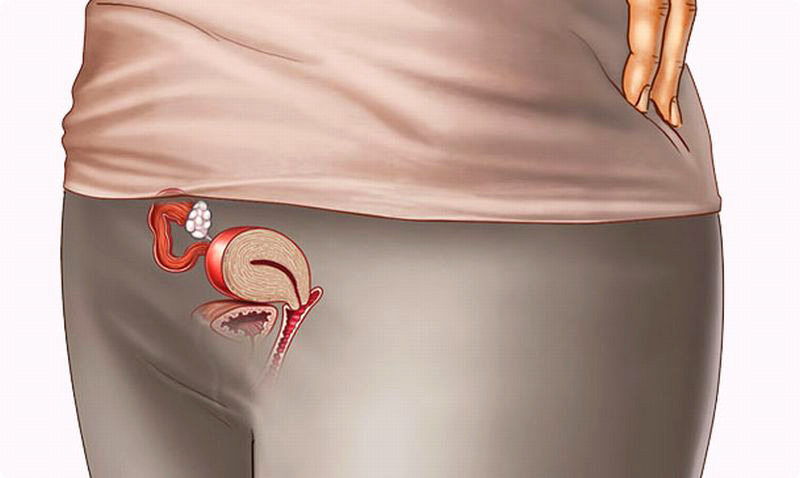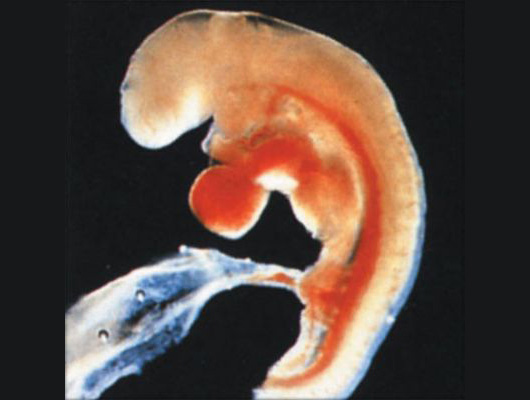4 weeks pregnant
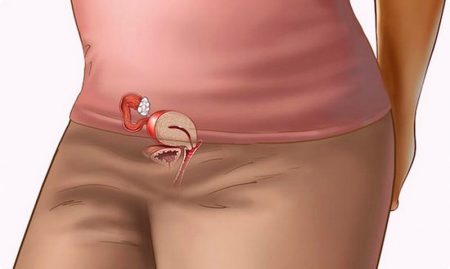 During week four of your pregnancy you still may not know you are pregnant. When you are four weeks along your baby’s gestational age is two weeks. Your body will alert you to your pregnancy. You will have missed your menstrual cycle, you will have a bad habit of frequent urination, and your breasts will be tender, and of course we must not forget morning sickness.
During week four of your pregnancy you still may not know you are pregnant. When you are four weeks along your baby’s gestational age is two weeks. Your body will alert you to your pregnancy. You will have missed your menstrual cycle, you will have a bad habit of frequent urination, and your breasts will be tender, and of course we must not forget morning sickness.
During week four your fertilized egg will head to the uterus to find a place to call home for the next nine months. At this time your baby will burrow into your uterine wall and set up house; this is called implantation.
Baby
The blastocyst (the early fertilized egg) has implanted. The cells will divide into two groups. One group will form the placenta and the other group will form your baby.
The tissues that will eventually become the placenta will begin to form a link with your body and use your blood supply so that it can get on with the job of development. The placenta provides nutrients, oxygen, and fluids for the baby. That same placenta will make a hormone, which will travel into your womb, through your blood, and then be expelled into the urine, called hCG. It may already be detectable by many early pregnancy tests.
At this point in time your baby is still a jumble of cells that are located between a yolk sac and the amniotic sac. The amniotic sac is what will eventually surround your baby for his or her forty-week stay. Once your baby forms this link with your body, the yolk sac and the amniotic sac, will begin to make blood. This is how your baby will have blood until he or she develops his or her liver, spleen, and bone marrow.
The baby in her embryo stage comes in three parts. One part (mesoderm) will make, for the most part, the hard stuff of your baby: bones, muscles, heart, for example. The soft parts are made by the endoderm (lungs for example). The ectoderm will mostly make things you see on the outside, like her skin, eyes, hair, but also some inside things, like nerves.
Also during week 4 of your pregnancy your baby has already developed what is called a notochord. The notochord is a column of cells that indicate the development of the vertebrae of your baby’s spinal column. The notochord cells are an important part of your baby’s development because these cells also send signals to other cells to help them become other body parts. During this week it will fold over and bulge at one end to form the brain. Even by this time your baby’s brain is divided into three segments: the forebrain, midbrain, and hindbrain; with the remaining narrow portion of the notochord forming your baby’s spinal cord and other nerves that spread out through his or her small body.
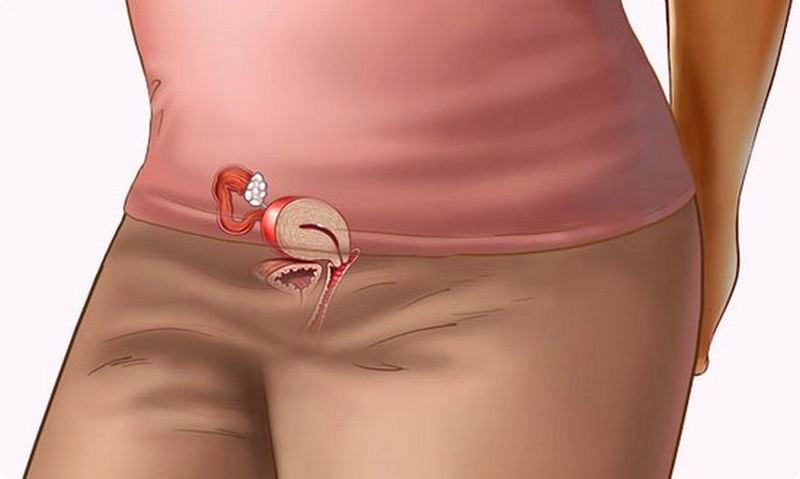
Your baby will be about 0.014 inch to about 0.04 inch (0.36 mm to about 1 mm) in length. No wonder you still are not sure you are pregnant!
Mother
You might not even know you’re pregnant yet. You could feel some fatigue, or feel under the weather. Maybe your husband has told you that you’re more moody these days. You may notice that you have morning sickness.Perhaps your breasts have become tender. It’s the fourth week, if you’re pregnant, you won’t see your period!
Smoking
Even if you don’t know you’re pregnant, if you’re trying to get pregnant, prepare a clean place for your baby. That is, make your body free of any toxins, starting with smoking. Stop now; it’s a good idea for your personal health too. Smoking will rob your baby of the oxygen she needs in this critical time of growth, in addition to supplying her with a whole load of toxins that her tiny cells will have to clear out all by themselves: a job that too hard for that tiny baby.
Folic Acid
During your prenatal visit with your doctor he may prescribe vitamin supplements that may contain folic acid. It has become increasingly well known that folic acid helps in your baby’s development. Folic acid can help protect an unborn baby from developing spina bifida, an abnormal development of the spinal cord. Folic acid is an essential B vitamin that cannot be produced by the body and must be consumed daily through diet.
If you’ve been doing the low-carb diets, then you might be skimping on bread. Breads have been fortified with folic acid to help prevent birth defects, miscarriages and preterm deliveries. So get your body back to speed. Folic acid is in breads, peas, beans, fruits, leafy vegetables, liver, and cereals.
Nutrition tips
- Eat raw fruits and vegetables if you can. Try them with dip.
- If you cook your vegetables, try steaming them. But if you must boil them, use the juices in your cooking. Some of the remaining vitamins are still in that water!
Your Healthcare Provider
As you can see week four of your pregnancy is a very crucial time in your baby’s development. That is why if you suspect you may be pregnant you should contact your healthcare provider. Don’t wait: there are a lot of things you and your doctor have to accomplish. We’ll talk about that in upcoming weeks.
Remember, your baby goes from a jumble of cells that are totally dependant on you and your body for life to a baby that can sustain life outside the womb, with your help, in a total of forty weeks time.




